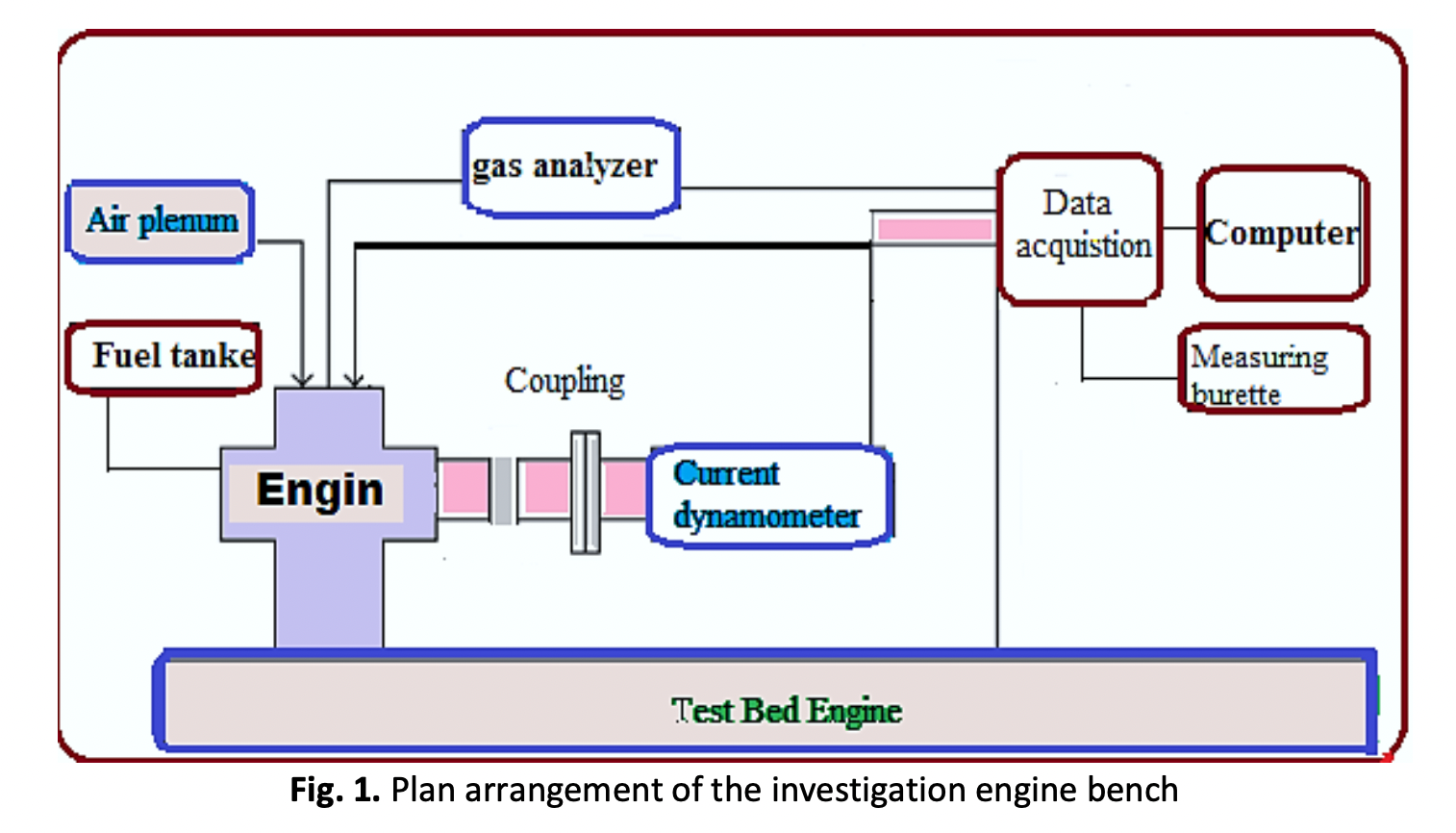Investigate the Effects of Intake Air Temperature on the Performance and Emissions of the IC Engine Fuelled by Biodiesel B30
DOI:
https://doi.org/10.37934/arfmts.102.1.5158Keywords:
CI engine, B30 fuel, emissions, engine performance, cylinderAbstract
The study included the use of biofuel to reduce the percentage of environmental pollution caused by other environmentally polluting fuels that used in other studies. The current study presents investigations of CI engine performance and emissions at various engine speeds under constant engine load. The fuel under consideration in this work is biodiesel B30. A 2.4-liter, 16-valve, 4-cylinder engine with a compression ratio of 15.5:1 is used. Various inlet air temperatures (10 to 35°C with an increment of 5 degrees) are chosen to study their effects on engine performance and emissions. The results show that increasing the inlet air temperature increases brake explicit fuel feasting (BEFF) beside to nitrogen oxide (NOx), while decreasing the brake power and torque. In this scientific revision, a tentative analysis was conducted on a CI engine at various engine speeds and inlet air temperatures., The results were obtained at engine speeds of 2100 rpm at various engine loads and revealed an increase in BSFC of biodiesel blends (B20, B50, and B100) as injection pressure was increased.
Downloads

































